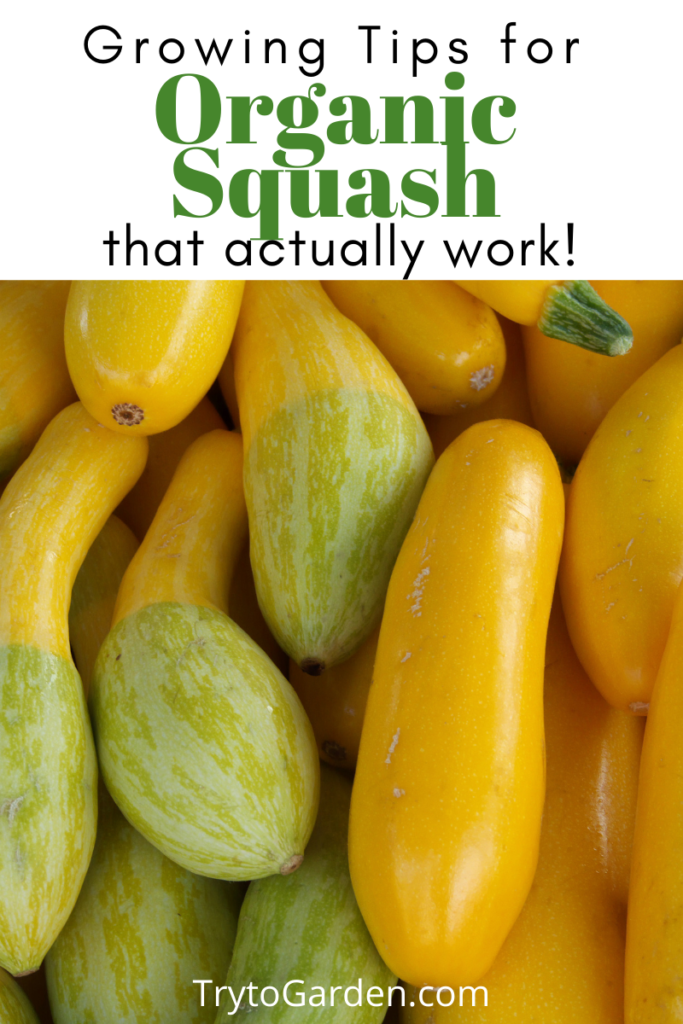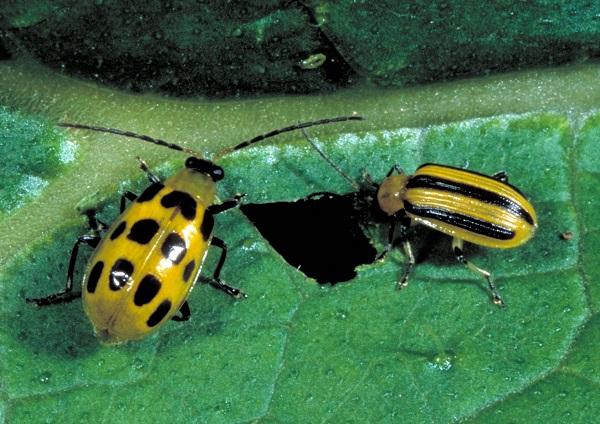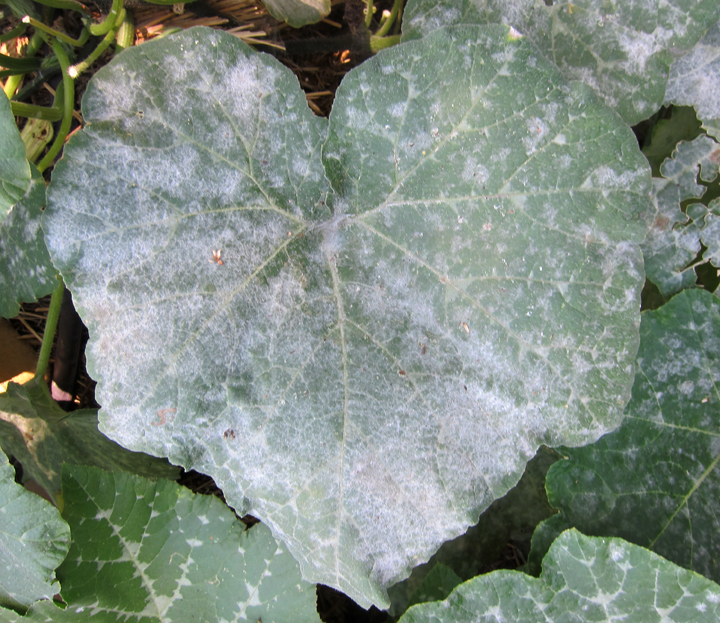This post contains affiliate links, which means I will make a commission at no extra cost to you should you click through and make a purchase. As an Amazon Associate I earn from qualifying purchases.
Zucchini, summer squash, and winter squash are easy to grow in the home vegetable garden. Control squash bugs and other insect pests with organic methods.

Organic gardeners couldn’t choose an easier or more prolific vegetable to grow in the garden than squash. After all, what other vegetable has a widely celebrated holiday (Sneak Some Zucchini Onto Your Neighbor’s Porch Night) that enables gardeners to get rid of their excess harvest?
Gardening Tips for Organic Squash That Actually Work!
However, if gardeners harvest their squash before it gets overgrown and pithy, they won’t want to get rid of this versatile vegetable that can be used in savory or sweet dishes.
Benefits of Squash
It varies a bit from variety to variety. but in general, the vegetable is high in vitamins A, B6, and C, folate, magnesium, fiber, riboflavin, phosphorus, and potassium.
It is one of those cold-weather super-food types of gems you can plant and keeps quite a while in your root cellar. Add in the fact that it is high in fiber and you really can't go wrong planting squash in your garden!
Choosing Squash Varieties
Growing squash from seed allows organic gardeners to sample varieties beyond the typical grocery store offerings. ‘Zephyr’ is a fun choice for a children’s garden, as the ends of the yellow squash look like they’ve been dipped in pale green paint.
‘Eight Ball’ and ‘Floridor’ zucchini is perfectly round for stuffing. ‘Metro’ is a winter butternut squash whose smaller fruits and compact vines appeal to home gardeners.
Basic Squash Facts
Seeds germinate in 7 to 10 days at 85°F (29°C) or warmer. Transplant summer squash into the garden after the soil has warmed to at least 70°F (21°C).
This depends on if you are growing summer squash or winter squash varieties. Plant summer squash when all chances of frost have passed; winter squash can be planted in mid-summer.
Summer squash is a warm-season crop because it is frost-sensitive but also tends to wilt and suffer in the heat. It grows and fruits best at temperatures from 60° to 85°F, with the optimal growing temperature between 65° and 75°F. Winter squashes grow best in air temperatures ranging from 50° to 90°F (10-32°C).
On average, each butternut squash will weigh around 1 pound and each plant should produce 3 or 4 of them in a season. Summer squash like zucchini is different as they can be picked and eaten while young. One zucchini plant is usually enough for an average-sized family as it can produce 6-10 pounds of zucchini.
Summer squash can be eaten raw, but all squash seems better after it is cooked. Winter squash needs cooking to soften it up. You can bake, boil, steam, grill, roast, and even slow cook it.
Planting and Caring for Squash
Squash is the quintessential summer plant, and gardeners must not attempt to grow it before nighttime temperatures are in the 60’s. Although notorious for producing more than the household can eat, squash plants will slow down their production significantly if their heavy feeding needs aren’t met.
Gardeners can enrich the soil with a combination of compost tea and a bi-weekly application of balanced organic fertilizer.
Consistent moisture is important to help the roots of squash plants with the uptake of nutrients. Gardeners should apply a 3-inch application of organic mulch to help the soil around squash plants retain moisture.
Control Squash Pests
Squash bugs are a serious pest of all squash varieties, sucking the juices from shoots and disfiguring or killing plants. Organic gardeners can prevent these insect pests before they infest the garden by denying them their winter habitat, which includes vines from the previous season and garden debris.
When squash plants are young, the gardener should inspect the undersides of leaves for copper-colored egg masses, which can be controlled by handpicking. Floating row covers can protect young vines from squash bugs, but the gardener must remove the covers at blooming time for pollination to occur.

Cucumber beetles are another insect happy to feed on any vine in the cucurbit family, and floating row covers are effective against this pest. Organic gardeners with a recurring cucumber beetle problem may find it worthwhile to purchase and use parasitic nematodes in the soil around their squash plants.
Control Organic Squash Diseases
Squash plants are often afflicted with powdery mildew when they are at their most prolific, during July and August. Gardeners can identify powdery mildew when they see dull white patches appear on the leaves.

Some squash varieties, like the yellow squash ‘Soleil’ and the zucchini ‘Anton,’ have a natural resistance to this fungal disease. Gardeners should plant squash with adequate spacing to allow air circulation and sun exposure on leaves, which discourages mildew.
Easy Organic Squash Recipe
Butternut squash is one of our favorites, right after acorn squash. It is so incredibly versatile! Whether we make Sheet Pan Butternut Squash and Cauliflower or Butternut Squash Polenta or even Risotto with Butternut Squash we love every bite!
We found a fun video by Tasty that shows 4 fun ways to cook Butternut Squash:
